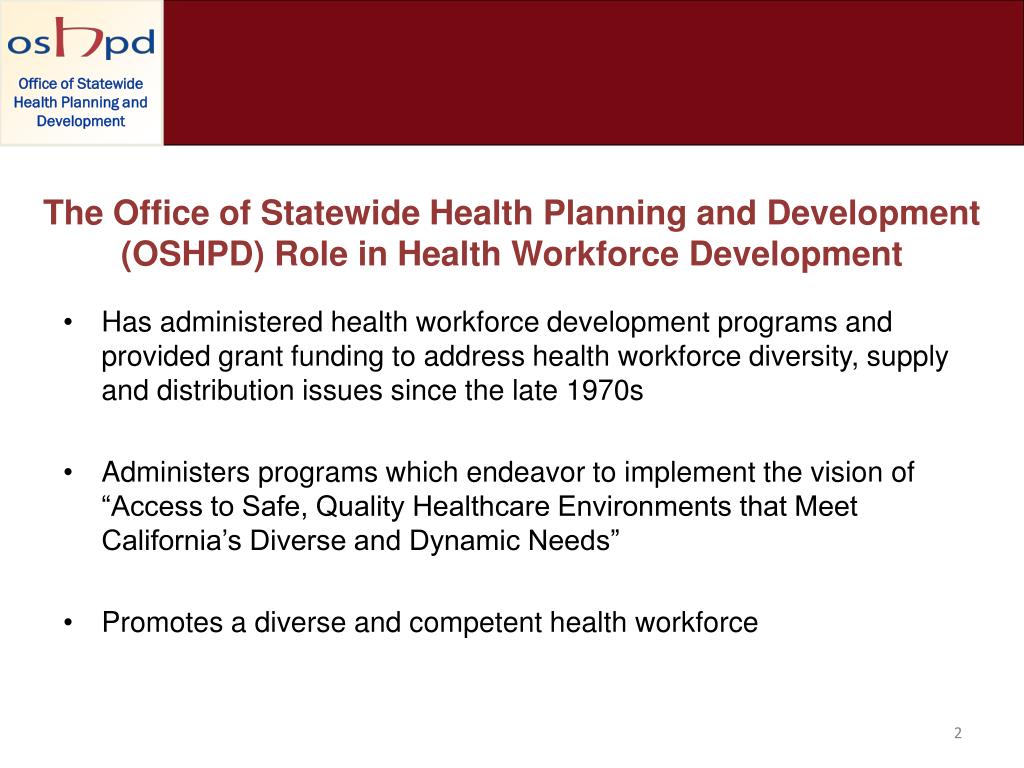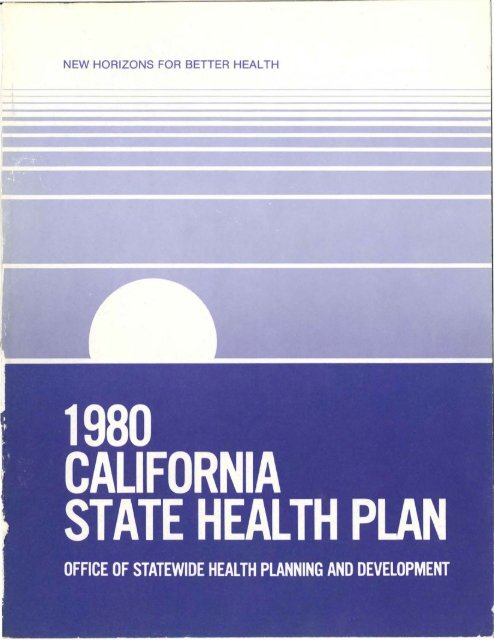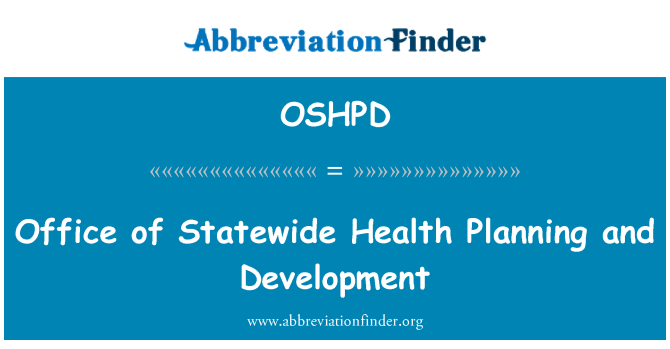Office Of Statewide Health Planning And Development

California's hospital construction projects are facing critical delays as the Office of Statewide Health Planning and Development (OSHPD), now known as the Department of Health Care Access and Information (HCAI), struggles with staffing shortages and procedural backlogs.
These delays, impacting seismic retrofitting and expansion initiatives, threaten patient safety and access to care, demanding immediate action from state lawmakers and agency leadership.
Construction Stalled: A Looming Healthcare Crisis
Hospitals across California are reporting significant delays in project approvals, some exceeding two years, due to understaffing and inefficient processes within HCAI.
The repercussions are far-reaching, jeopardizing compliance with stringent seismic safety regulations and hindering vital expansions needed to accommodate the state's growing population.
HCAI is the agency responsible for overseeing the design and construction of healthcare facilities in California, ensuring they meet building codes and seismic safety standards. Their primary goal is the safety of patient and workers.
Seismic Retrofitting Imperiled
A major concern revolves around the state's seismic safety mandates, which require hospitals to withstand major earthquakes. Delays in HCAI approval are preventing hospitals from completing necessary retrofitting, potentially leaving them vulnerable in the event of a seismic event.
Failure to meet these deadlines can result in significant penalties and, more alarmingly, jeopardize patient safety if a hospital is rendered unusable after an earthquake.
Reports indicate that numerous projects aimed at reinforcing hospital structures are stalled, creating a ticking time bomb for California's healthcare infrastructure.
Expansion Plans Thwarted
Beyond seismic upgrades, HCAI delays are impacting hospitals' ability to expand their facilities to meet increasing patient demand. California's population growth, coupled with an aging demographic, necessitates increased hospital capacity.
However, lengthy approval processes are hindering the construction of new wings, emergency rooms, and operating theaters, creating bottlenecks in the healthcare system.
This situation directly affects patient access to timely medical care, potentially leading to longer wait times and compromised health outcomes.
The Root of the Problem: Staffing and Process Inefficiencies
Hospital administrators and construction firms attribute the delays primarily to a severe shortage of qualified personnel within HCAI, particularly engineers and plan reviewers.
This staffing deficit has led to a significant backlog of project applications, with some stuck in the approval pipeline for months, even years.
Furthermore, stakeholders point to outdated and cumbersome review processes as a contributing factor, hindering efficient project evaluation and approval.
The HCAI Response: Acknowledgement and Reform
HCAI acknowledges the challenges and has announced plans to address the staffing shortages and streamline its processes. These measures include active recruitment efforts to attract qualified professionals.
They also plan to implement digital tools to streamline the review process and improve transparency for project applicants.
However, critics argue that these measures are insufficient to address the magnitude of the problem, calling for more immediate and decisive action from state leadership.
Stakeholder Concerns: A Call for Action
The California Hospital Association (CHA) has been vocal in its criticism of HCAI's performance, urging state lawmakers to intervene and allocate additional resources to the agency.
"The delays at HCAI are unacceptable and are putting patient safety at risk," said Carmela Coyle, President and CEO of the CHA. "We need immediate action to address the staffing shortages and streamline the approval process."
Construction firms involved in hospital projects echo these concerns, highlighting the financial burden of project delays and the potential for increased construction costs.
They warn that the current situation could discourage future investment in hospital infrastructure, further exacerbating the healthcare access crisis.
Data Points: Quantifying the Impact
According to recent data, the average approval time for hospital construction projects in California has increased by over 50% in the past two years.
More than 300 projects are currently stalled in the HCAI approval pipeline, representing billions of dollars in potential investment.
These statistics underscore the severity of the problem and the urgent need for reform.
Next Steps: Legislative Action and Oversight
State lawmakers are considering legislative proposals to address the HCAI delays, including measures to increase funding for staffing and streamline the approval process.
The California State Legislature is expected to hold hearings to further investigate the issue and explore potential solutions.
The future of California's healthcare infrastructure hinges on the ability of HCAI to overcome its challenges and ensure timely approval of critical construction projects.


















